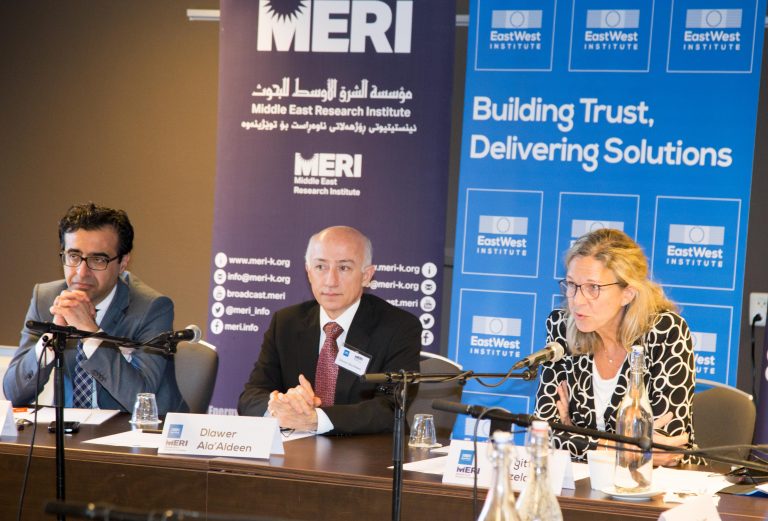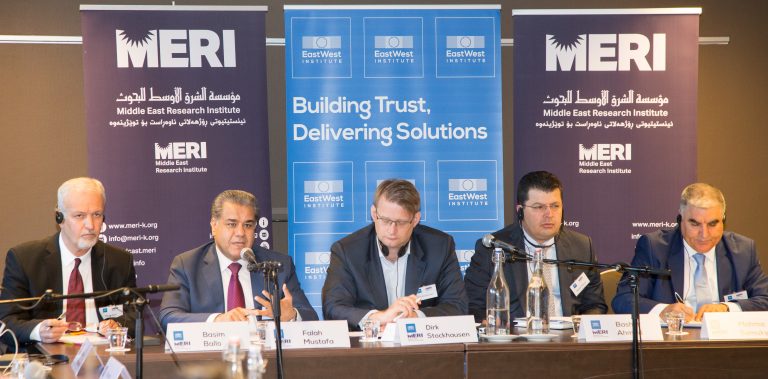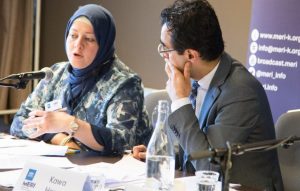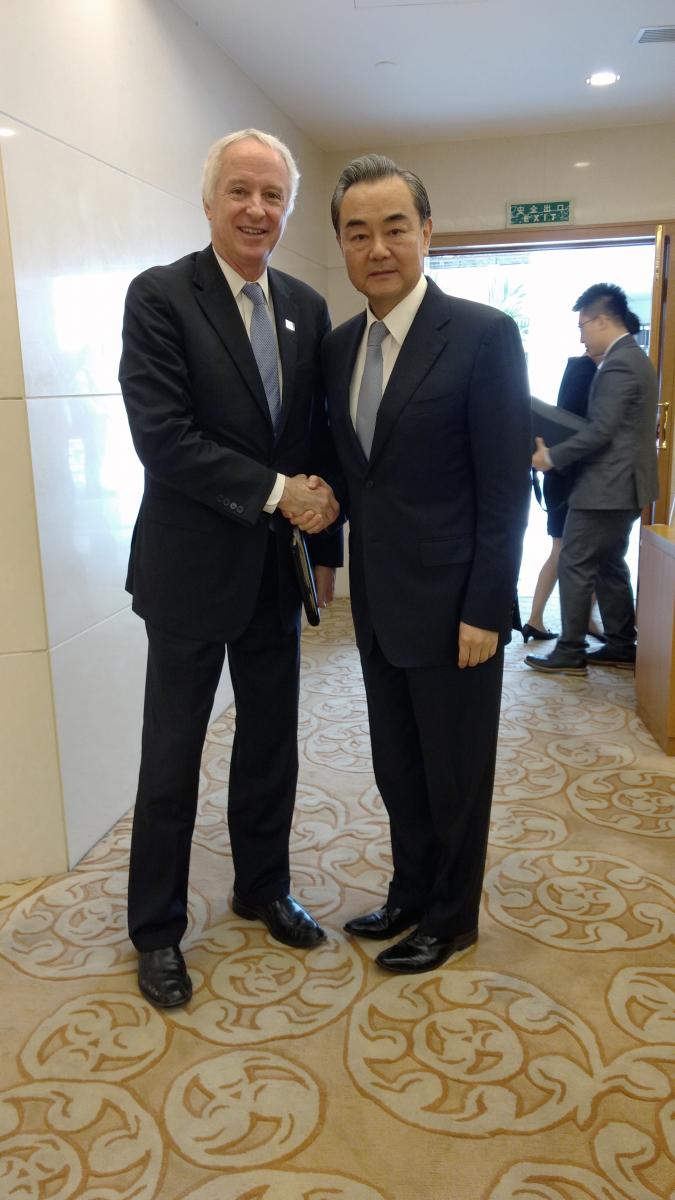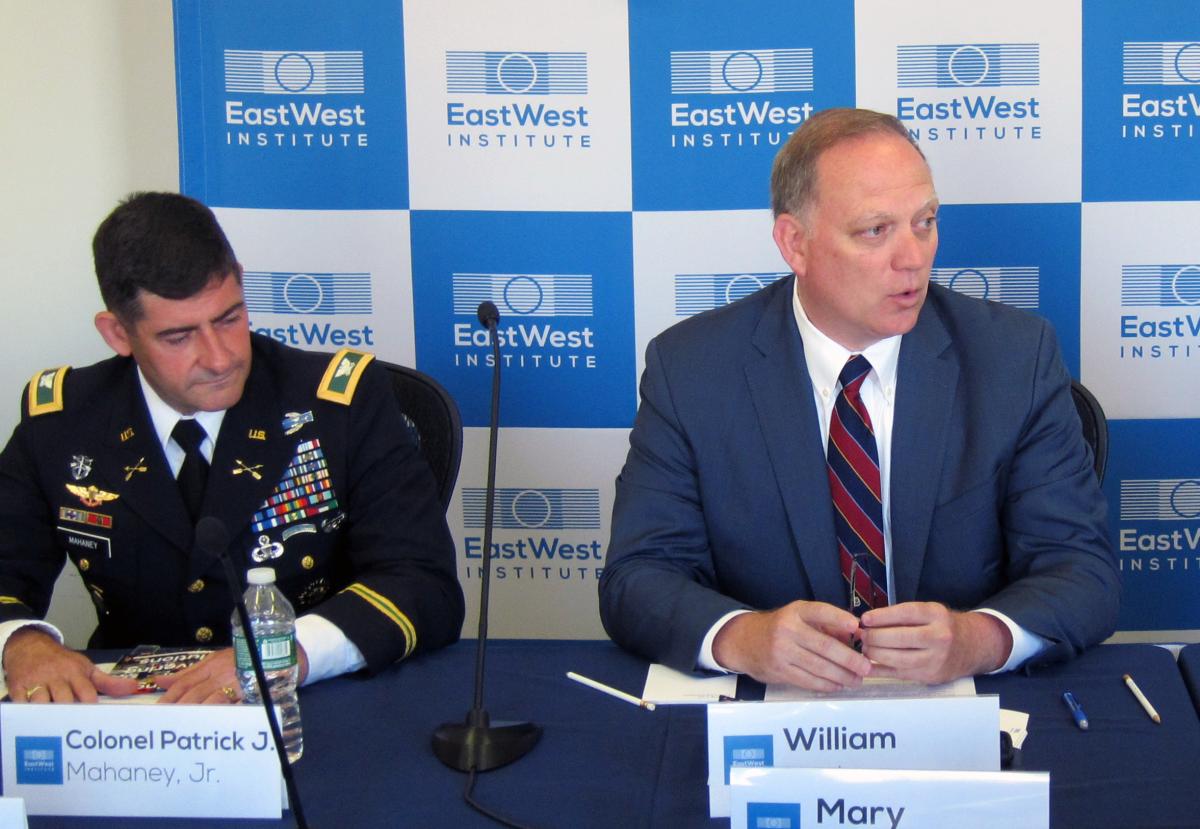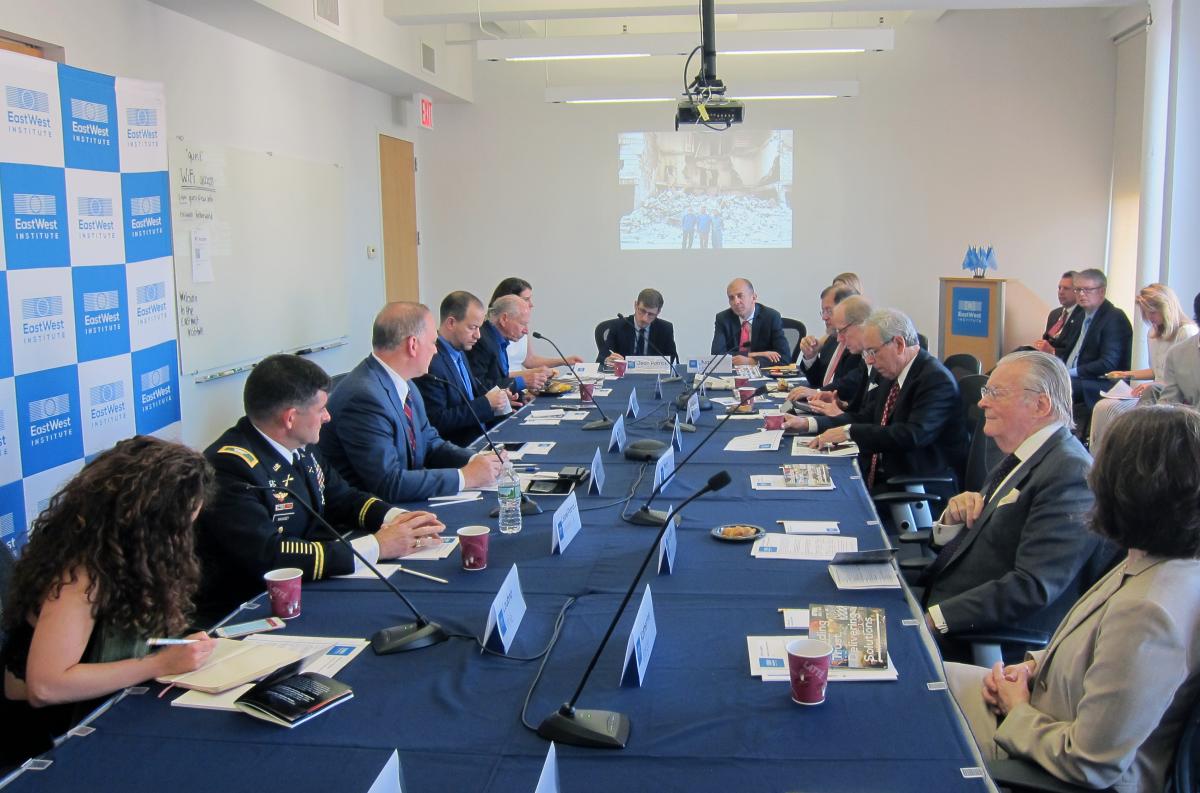Post-ISIS Recovery of Nineveh
Given the extent of the structural shifts in politics in post-2003 Iraq, the level of destruction in the liberated areas and the depth of distrust among communities, the challenge of post-ISIS recovery could not be greater. To create an inclusive political order in Nineveh and provide a successful model for other parts of Iraq, policy- and decision-makers must engage in constructive debate, share visions and develop strategies tailor-made for the province.
To facilitate such debate among local, national and international stakeholders, the EastWest Institute co-organized a dialogue and workshop with the Middle East Research Institute (MERI). Held in Loosdrecht, Netherlands on May 31 to June 1, the event brought together representatives of Nineveh’s ethnic and religious communities, members of the Nineveh Provincial Council, the Iraqi Federal Government, the Kurdistan Regional Government and a selection of international donor countries and international non-governmental organizations.
The aim of the workshop was to:
- provide a platform for strategic, thought-provoking and action-focused dialogue on the process of post-ISIS reconstruction in Nineveh over the short, intermediate and long-term.
- support the development of coherent policy responses to the most pressing issues facing Nineveh whilst taking into account the political, sectarian, and ethnic diversity of the province.
The EastWest Institute and MERI will publish a policy report from the event.
